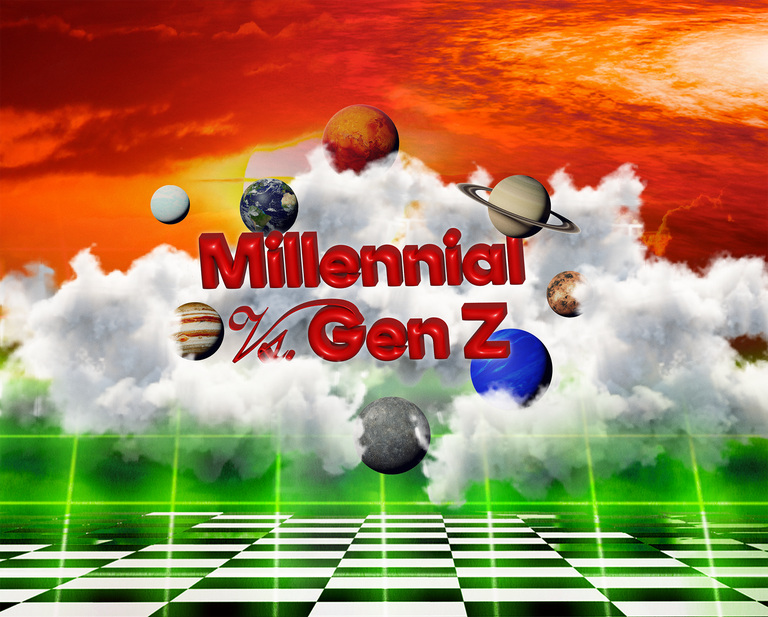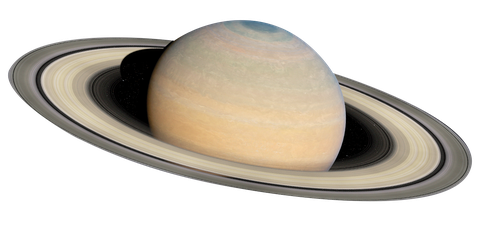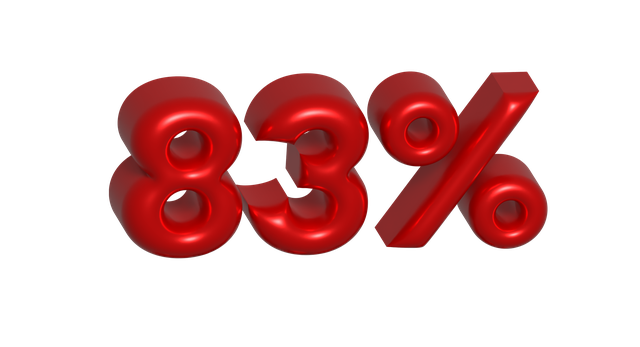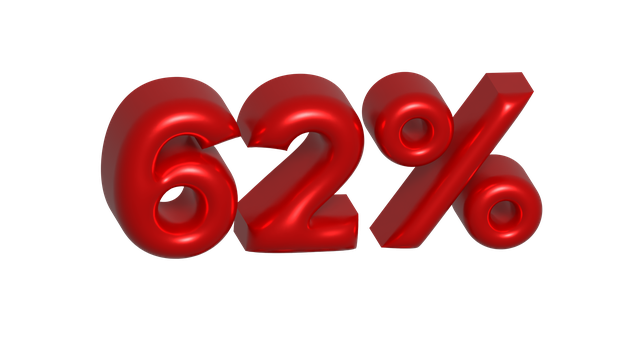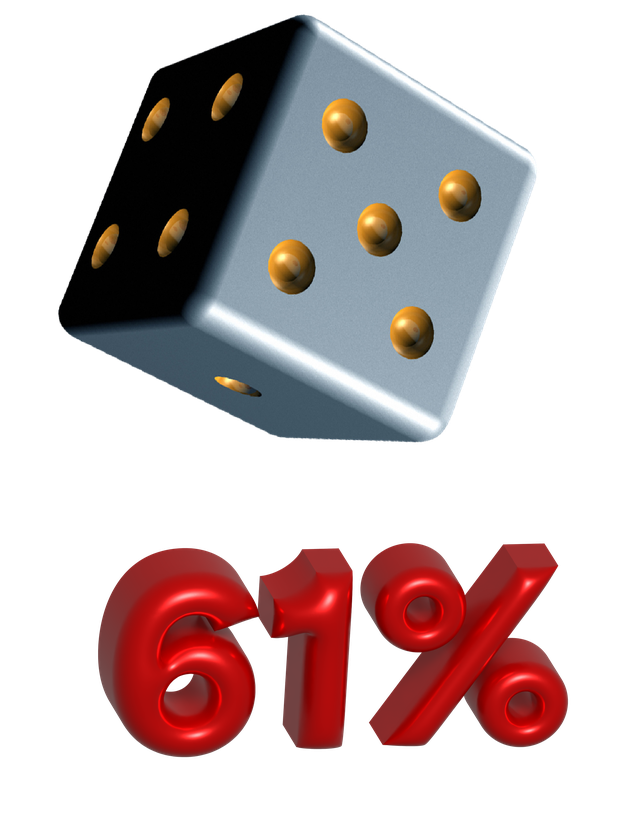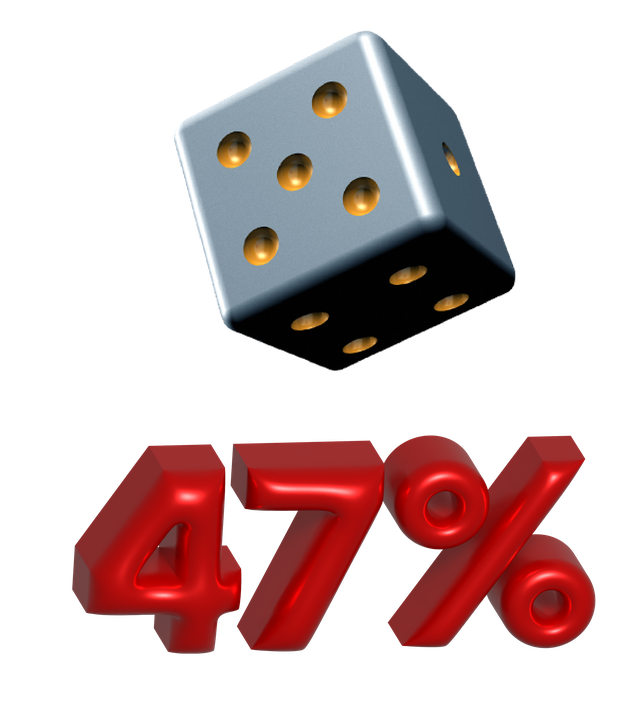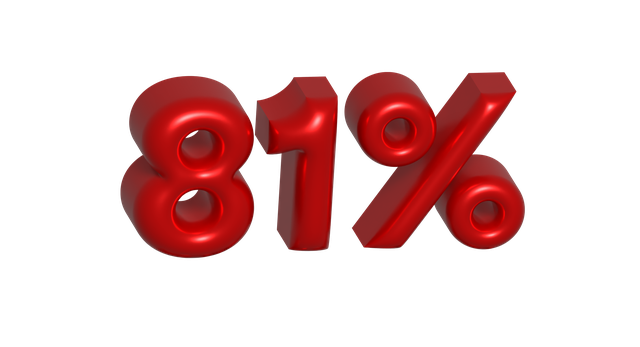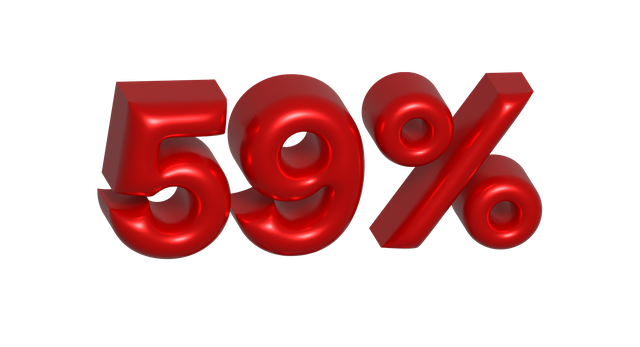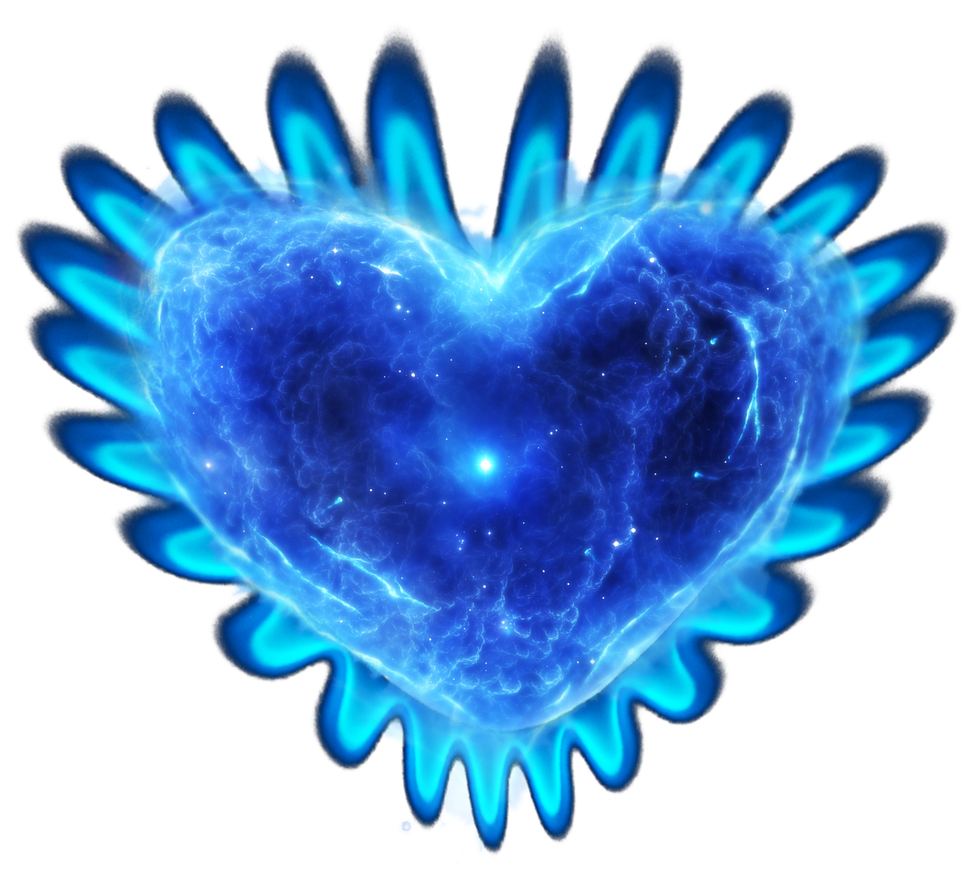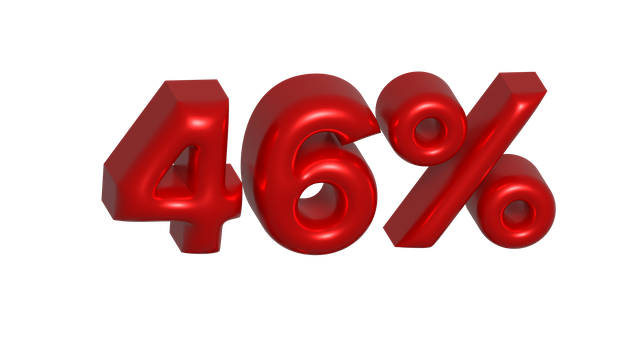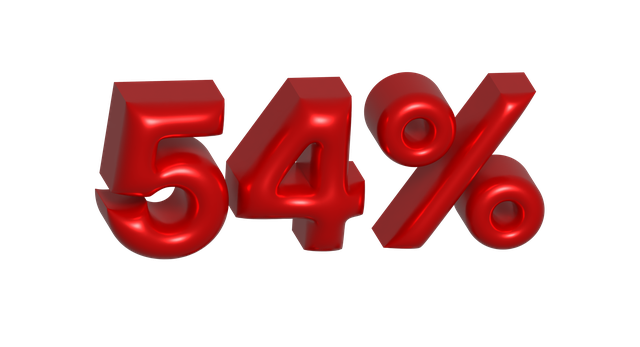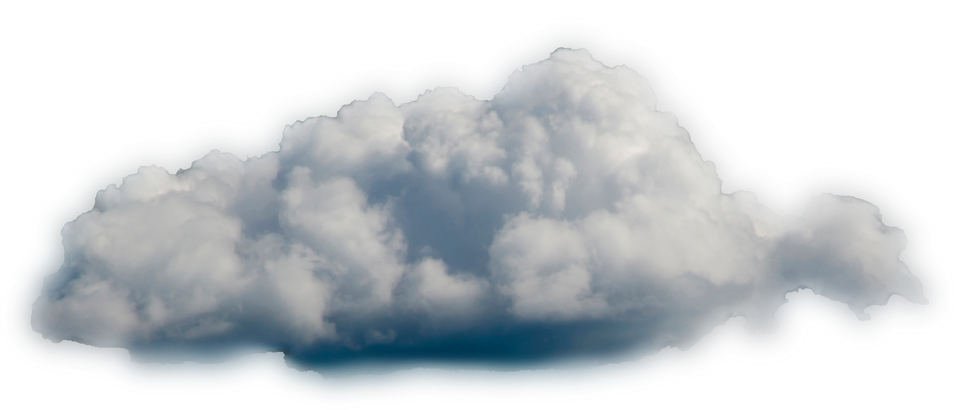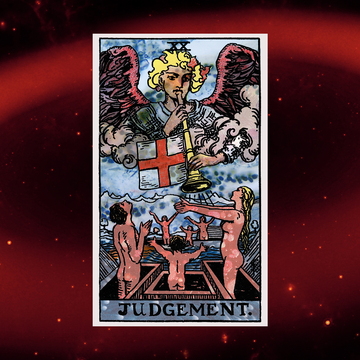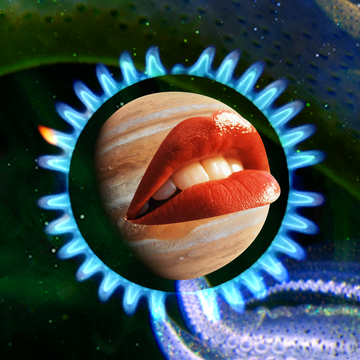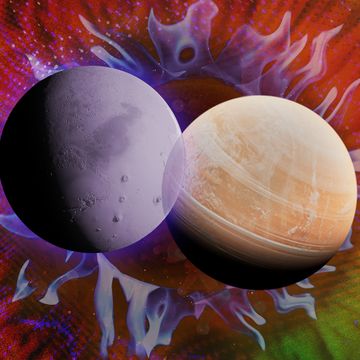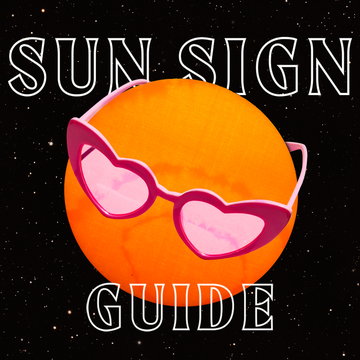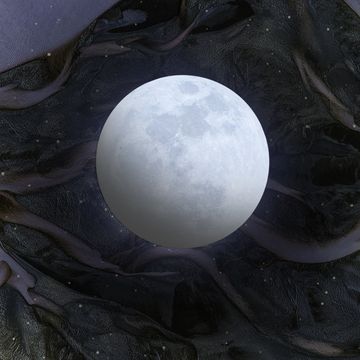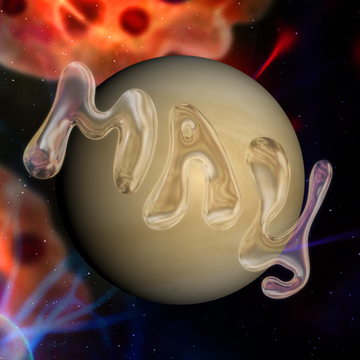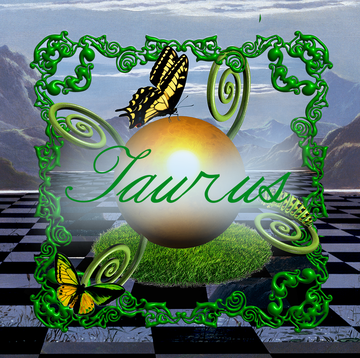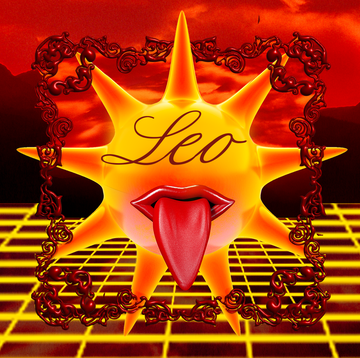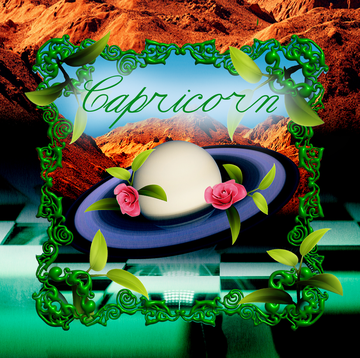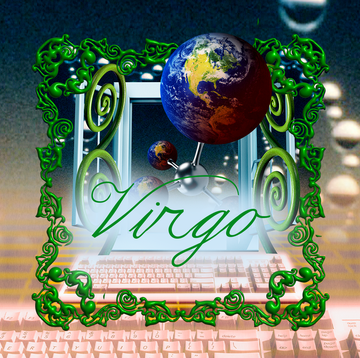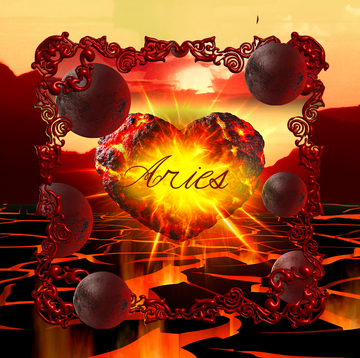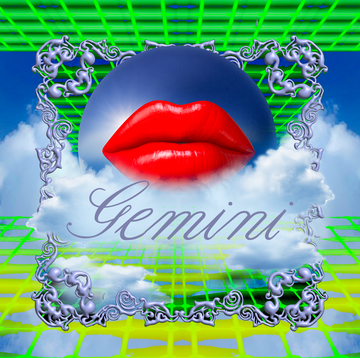Yes, along with skinny jeans, side parts, Instagram brows, Glossier pink, and the laughing emoji, astrology seems to be another thing you can add to the list of millennial trends that Gen Z is rejecting.
A new survey of 2,069 U.S. adults from the Harris Poll, conducted in February 2024 and shared exclusively with Cosmopolitan, reveals that millennials are the generation most interested in astrology by a wide margin—and Gen Z is markedly more skeptical. While 83 percent of millennials surveyed said they are either “somewhat” or a “total” believer in astrology, only 62 percent of Gen Zers said the same. When you look at all ages of Americans as a whole, 69 percent were astro-believers—which yes, means Gen Z is less interested in astrology than Gen X too. (They’re still more interested than boomers though.)
It’s hard to put an exact date on it, but personally, I would pinpoint the rising wave of modern astrology as between 2017, when the super-popular app Co-Star launched, and 2020, when Google searches for the terms “astrology” and “birth chart” both hit five-year peaks. (2020 was also the year I joined Cosmo as the publication’s first-ever senior astrology editor. Yes, I’m a millennial.)
Funnily enough, major media headlines proclaimed every year in this range a landmark for astrology. In 2017, BuzzFeed proclaimed us living in “the New Age of Astrology,” and in 2018, The Atlantic did the same. That same year, the New York Times told us about how “Astrology Took Over the Internet,” and in 2019, the New Yorker examined “Astrology in the Age of Uncertainty.” In 2020, the New York Times wondered, “Will coronavirus kill astrology?” and in 2021, Business Insider answered, “Meet the astrology entrepreneurs who turned an awful 2020 into a boom for the $2.2 billion industry.”
It’s not that people stopped being interested in astrology after 2021, but it was no longer widely portrayed, at least in U.S. media, as something new and exciting. You might even say that astrology hit a saturation point. And when that happens, a backlash follows.
The rise before the fall
To understand the backlash, we have to look at why people are interested in astrology in the first place. Unsurprisingly, there are a number of different theories—astrology has been around since at least the third millennium BC, after all.
The simplest and most obvious answer is that we’re into astrology because it tells us about ourselves, like a personality quiz (let’s be real, we all like to think and talk about ourselves—it’s human nature). But that doesn’t explain why interest in astrology waxes and wanes over time. Some sociologists have found that people turn to astrology in times of uncertainty, like economic depressions, wars, natural disasters, and, oh, pandemics. Others have argued that astrology serves as an alternate path to spirituality and identity, particularly for people who are marginalized in society. Which might help explain the strong interest in astrology among LGBTQIA+ community—for example, the Harris Poll found that 61 percent of LGBTQIA+ Americans agreed with the statement “Astrology gives me more confidence,” compared with 47 percent of all Americans.
Jennifer Freed, PhD, a psychological astrologer and the author of Use Your Planets Wisely and Cosmic Parenting: A Birth Chart Deck for Kids, Parents, and Families, sees three big reasons people get into astrology: “One is digital media. Astrology has become extremely accessible and available. Second, in times of tremendous uncertainty, people search for meaning. The third reason is that traditional religious institutions, for many people, no longer serve the quest for meaning, because they’ve been shown to have abuses, sexism, racism, heterosexism, etc.”
It’s clear that over time, population-wide interest in astrology rises and falls. “Culturally, we have seasons of real interest in the investigation of the soul,” Freed says. She points to the Vietnam War as “an enormous sea change in culture” that brought a surge of interest in astrology along with it in the ’60s and ’70s. “Now, we’ve had the pandemic and all of the things that went on when Trump was president and the divisiveness in the country and the religious institutions failing us. I think that people are always looking for a North Star: Where can I find my sense of meaning and connection to my purpose on Earth?”
While it still appeals to many who are searching for meaning, astrology doesn’t hold the same attraction as a counterculture movement when even McDonald’s is running Mercury Retrograde deals. In fact, it can get to the point where disliking astrology makes you the odd one out, particularly in communities where it’s already more popular than average, like in queer spaces. As one astro hater, Alejandro, 26, told Cosmo, “I find people who are into astrology endlessly annoying. It’s legitimately taxing being a transsexual in NYC who doesn’t like and is uncomfortable with astrology. As someone whose gender is different from my original assigned sex, I have a problem with a label being pushed on me due to the circumstances of my birth.”
Taking a different approach
Let’s talk a bit about how mainstream astrology is. In the Harris Poll, 95 percent of the people surveyed at least knew their own zodiac sign, and 65 percent said they thought it was an accurate representation of themselves. Those numbers are a bit higher for millennials (96 percent know their zodiac sign, and 75 percent think it’s an accurate description) and a bit lower for Gen Z (92 percent know their sign, and 61 percent think it accurately describes them).
Dating is a particular area where millennials are looking to the stars—81 percent of millennials said they have or would consult the stars for guidance on relationships, compared with 59 percent of Gen Zers. “In the context of all the things that have been going on with the backlash of dating apps, there’s just such a signal out in the market around, ‘How do you fix dating overall?’” says Libby Rodney, chief strategy officer at the Harris Poll. “I think that’s some really positive data, given that the dating apps, from a research point of view, get pretty negative reviews,” she adds. “Astrology is kind of leading the dating apps in that way.”
On the other hand, astrology skepticism is markedly higher when it comes to Gen Z. Along with showing lower interest in astrology across the board, the Harris Poll found that 54 percent of Gen Zers agreed with the statement, “I judge people who take astrology too seriously,” compared with 46 percent of millennials.
Rodney has some theories about why that is. “Going into this research, because of some of the TikTok trends and other social media trends, we thought Gen Z would be leading in astrology,” she says. “But you actually see that millennials are leading in terms of their adoption of it and their beliefs surrounding it, whereas Gen Z is slightly more skeptical. My perspective is that it might be that millennials are hitting those moments—30, 35, 40—when you realize that life hasn’t turned out exactly as you planned. People turn to outside sources to try to navigate towards something of more meaning.”
Monisha Holmes, astrologer, mental health professional, and model, says that in her experience, millennials and Gen Z approach astrology in a different way. “When I work with millennials, what I find is, they’re very much trying to figure out their lives,” she says. “They’re very much like, What does this mean for me? Where am I going? What’s going on? Whereas when I work with Gen Z, they’re trying to understand the external world. They want to know, How can I get my parents to behave in X, Y, and Z? and expecting that their own birth chart is going to have the answers to that. For millennials, they’re going to zero in on introspection, whereas with Gen Z, perhaps there’s some maturity that needs to occur in order for them to focus on that introspection and being an expert on yourself.”
Searching for something deeper
Of course, these stats don’t mean that all of Gen Z hates astrology or that all millennials love it. As Rodney mentioned, astrology is thriving on TikTok, which has a strong user base of 18- to 29-year-olds (aka Gen Z and younger millennials). For her part, Dr. Freed hasn’t noticed discernible differences in Gen Z and millennial attitudes toward astrology. And plenty of Gen Z astro fans were happy to tell Cosmo why they’re into astrology. “I think it gives people a good way to self-identity and categorize themselves,” says Niah, 19.
Blaze-Maximus, a Gen Z astrologer himself, says that he thinks many members of Gen Z are craving a deeper connection into astrology, rather than the Instagram memes they grew up with. “I think generally, people in the Gen Z sphere are actually really interested in looking at the tradition and the history of astrology, because they recognize that something is lacking in what’s being publicly portrayed about astrology,” he says.
Additionally, Jake Register, an astrologer and author of Astrology for Relationships, thinks cultural interest in astrology might be starting to rise again, after dipping over the past few years. After seeing a surge in popularity around 2017 or 2018, “I would say probably around 2020 was the time when I started noticing a decline as far as followers and engagement,” he says. “But lately, like within the past four months, I’ve been getting a lot more questions and emails about astrology, and I’ve been getting more bookings and consultations. I think it’s trending in waves, and we’re currently in or entering another wave of popularity for astrology.”
So don’t hold a funeral for your horoscope just yet. As Rodney says, Gen Z may become more interested in astrology as they get older and more jaded, like millennials (*raises hand*). But even if that doesn’t happen, cultural interest in astrology is cyclical. And there’s nothing Gen Z loves more than a rapid trend cycle. Side parts are already coming back, after all.

Erika W. Smith (she/her) is the current Senior Astrology Editor at Cosmopolitan. In her 4+ years at Cosmo, she's worked on everything from editing weekly horoscopes, to reporting on how astrology influences album release dates, to launching The Cosmo Tarot. Before joining Cosmopolitan in 2020, she worked at Refinery29, HelloGiggles, and BUST magazine. Her book series Astrosex: How to Have the Best Sex According to Your Star Sign was published in 2021. Follow her on Twitter and Instagram @erikawynn.
